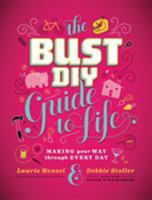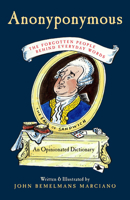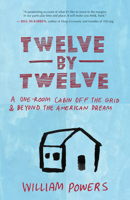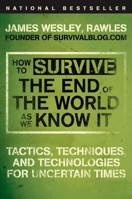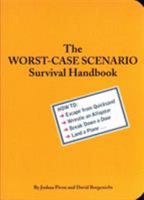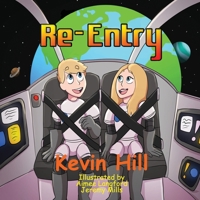Alex: Volume 3
Select Format
Select Condition 
You Might Also Enjoy
Book Overview
A gripping story of one Australian boy's experience of devastating drought. A few kookaburras laugh in the gum trees. Alex grins - they don't often come up this far. His grandpa told him that if kookaburras laugh late in the afternoon, it will rain next day. 'Ha, someone needs to tell the rain to listen, hey Tangi?' She grins at him like it's a good joke. Alex wishes it was just a joke. Thirteen-year-old Alex lives on a drought-affected property in South Australia with his mom, his dad, his kelpie dog Tangi and colt, Jago. When he meets his new next-door neighbor, Bonnie, he is grateful to make anew friend and fascinated by the camels her family has brought to the farm.. For years it hasn't rained enough for them to put a crop in. And while all the farmers in the area are suffering - his dad is struggling more than most. It's nearly winter and the paddocks are still brown. But when Bonnie comes over to visit and cook with him, Alex feels lighter inside. And his mom loosens up a bit as well. As the drought stretches on, feral dogs are causing huge problems for the farmers and their livestock. Throughout the tough times, Alex must help his mom with the farm work, and draw wisdom and strength from his support networks so he can find a way into a brighter future.
Format:Paperback
Language:English
ISBN:1583220178
ISBN13:9781583220177
Release Date:January 2000
Publisher:Seven Stories Press
Length:576 Pages
Weight:0.20 lbs.
Dimensions:0.2" x 4.3" x 6.7"
More by Rosanne Hawke
Customer Reviews
4 customer ratings | 4 reviews
There are currently no reviews. Be the first to review this work.















